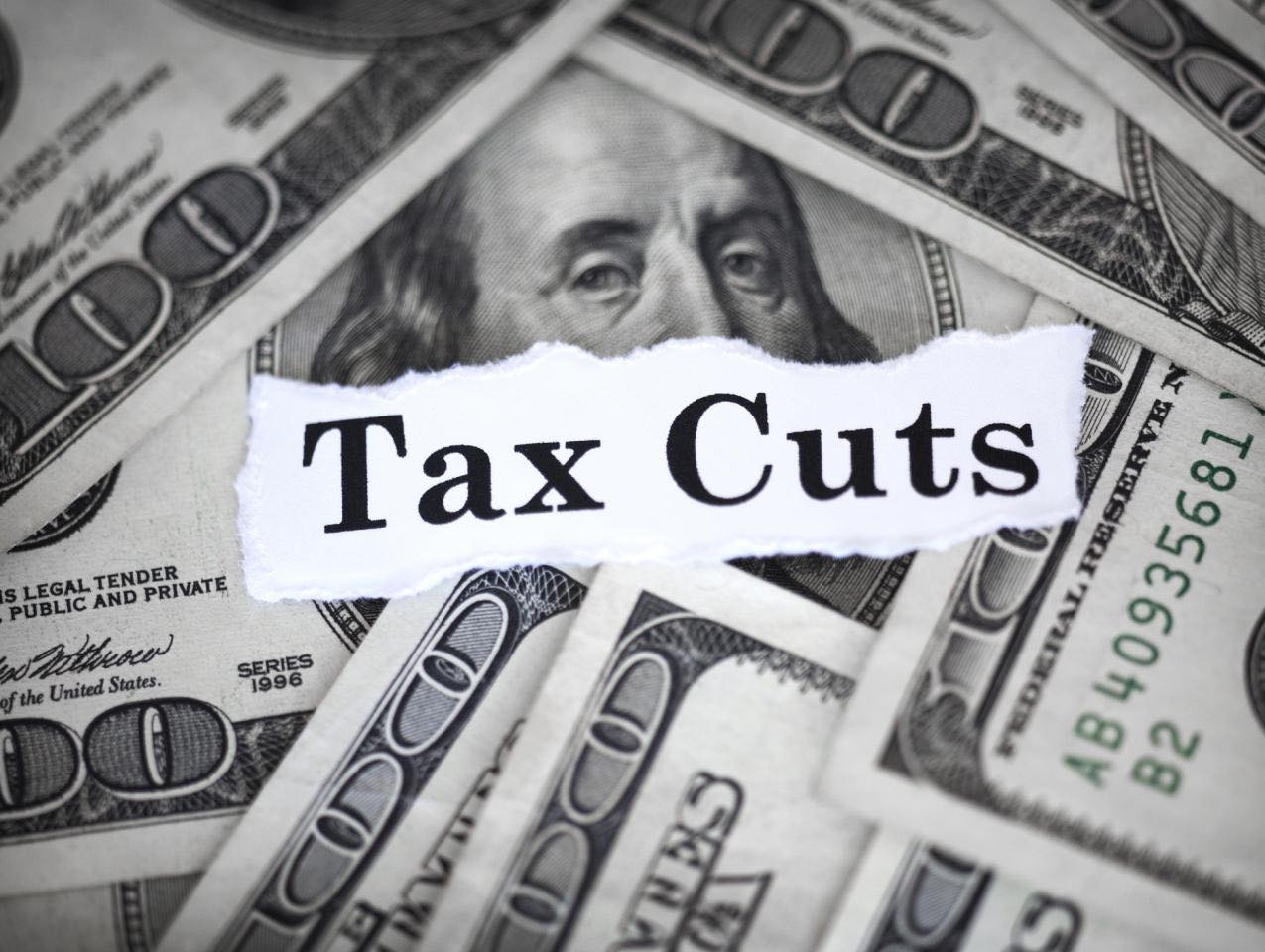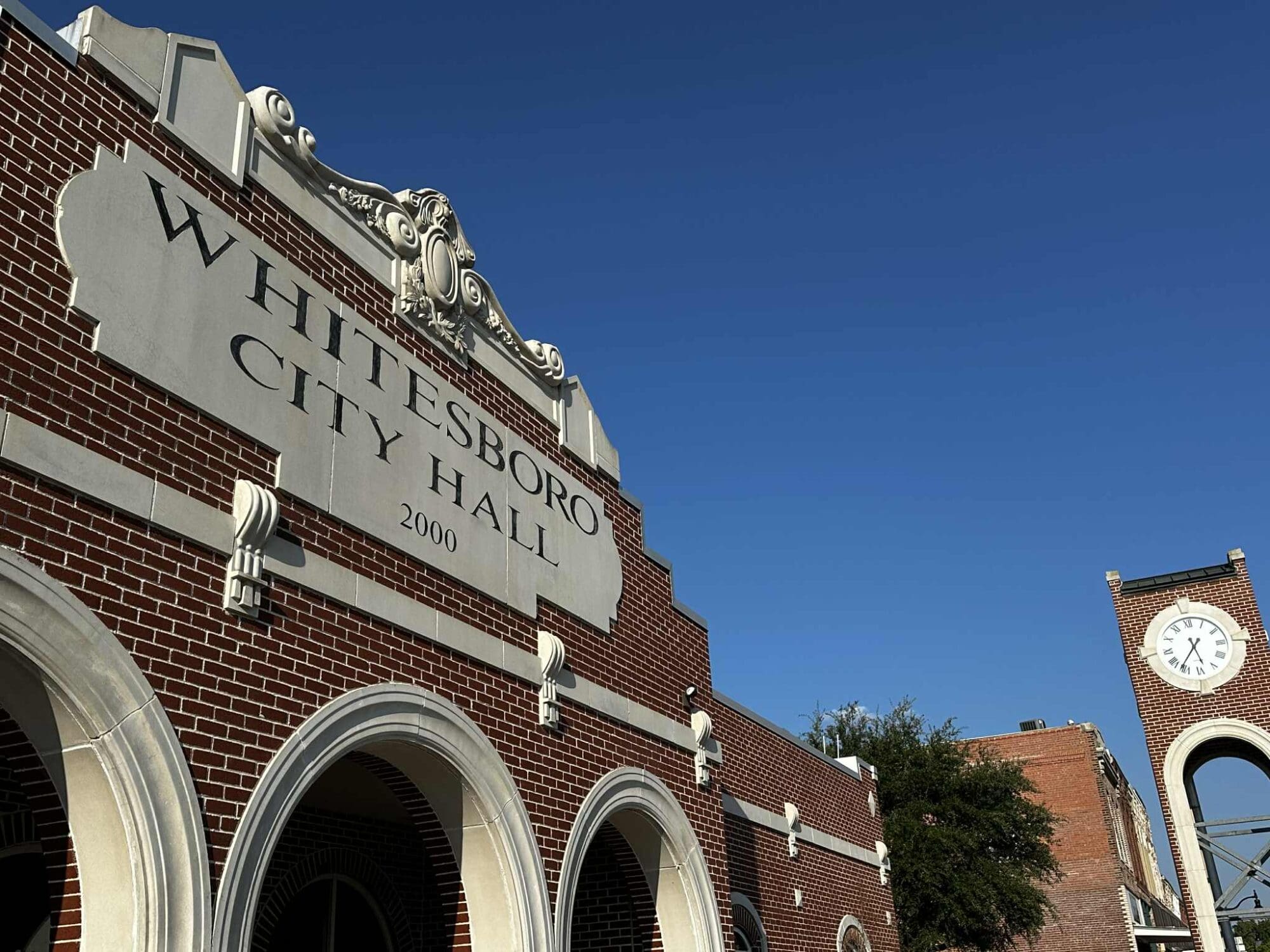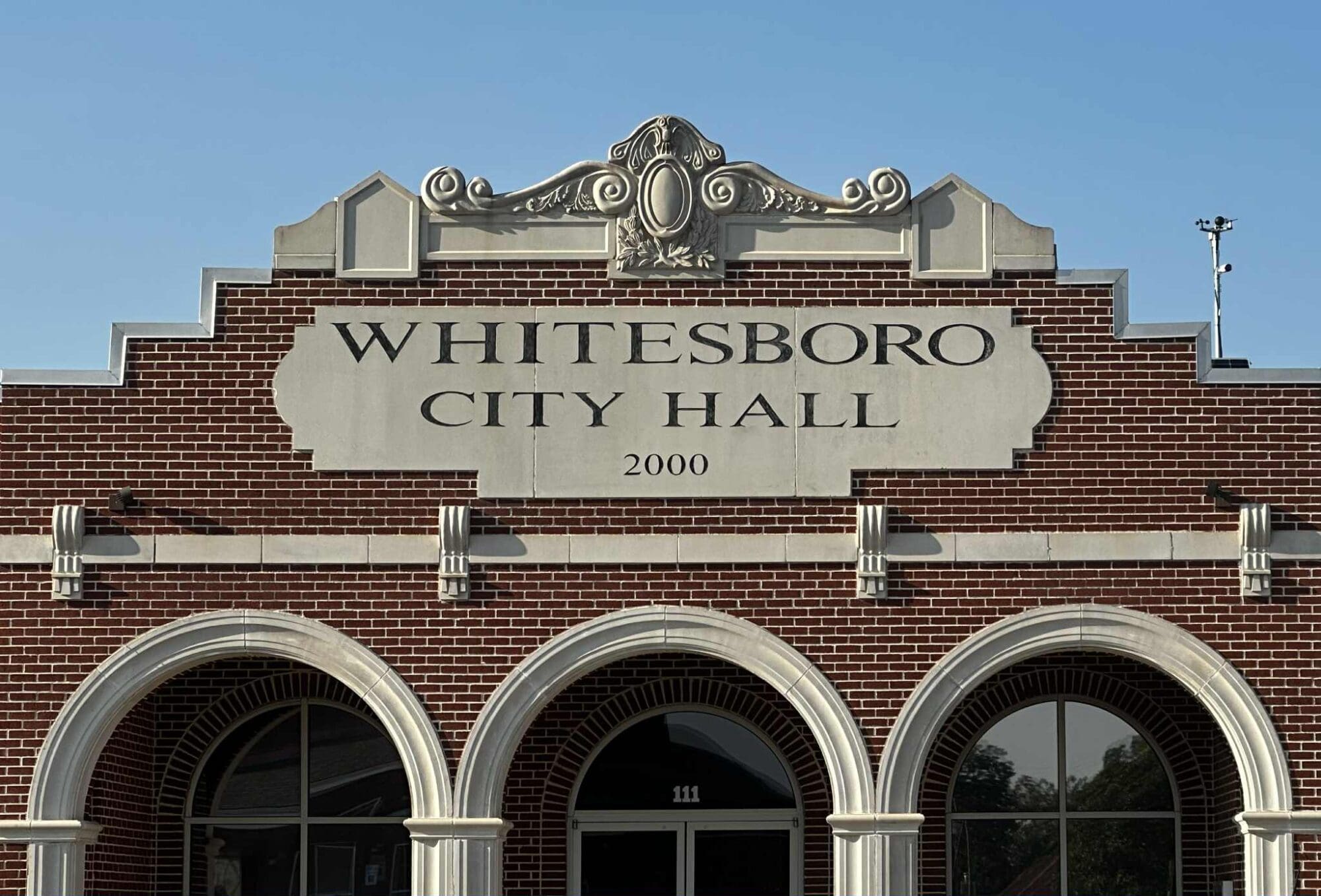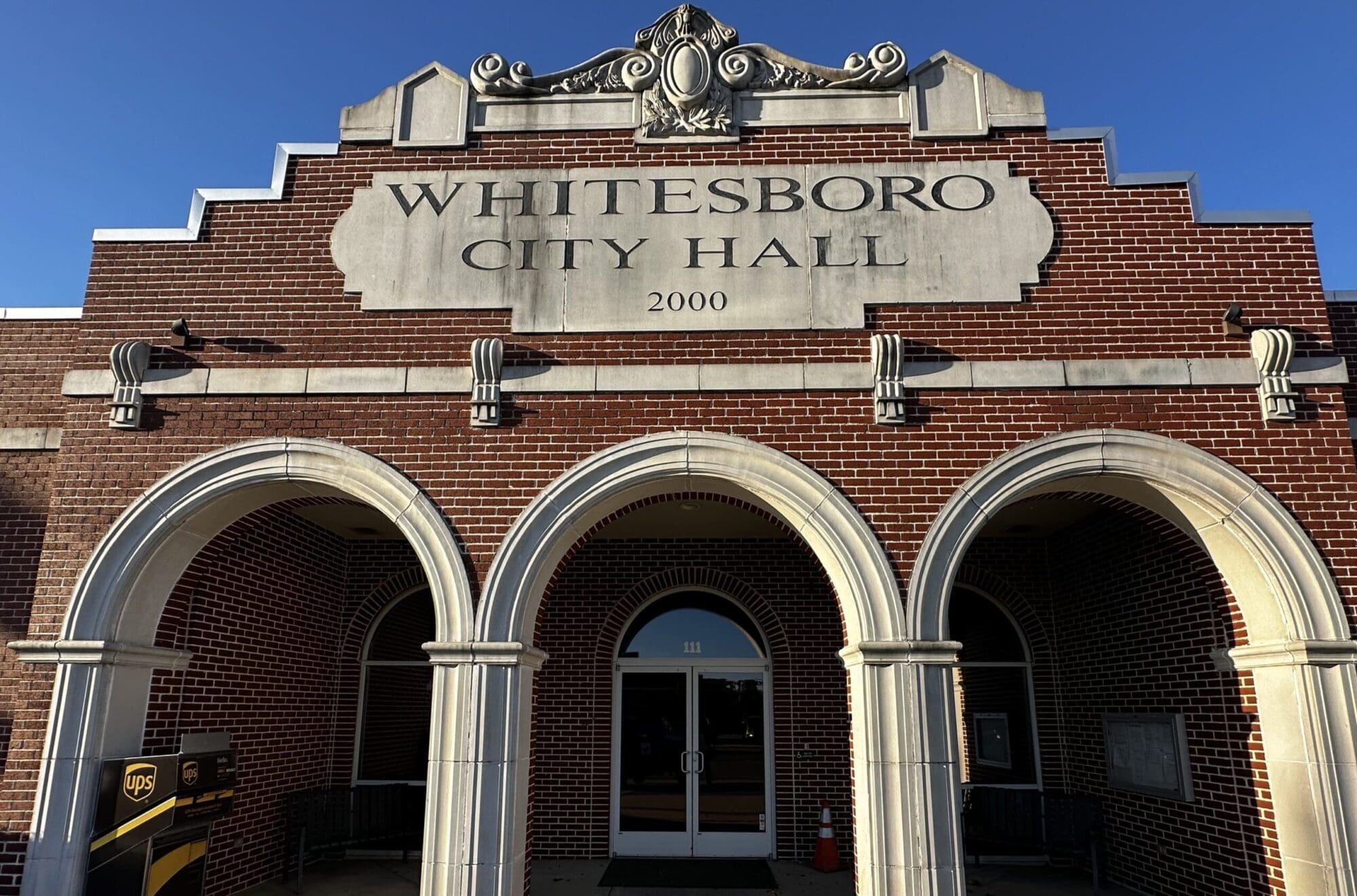Dallas and Fort Worth officials are proposing hiking taxes while citizens continue to recover from 2020’s government-imposed economic restrictions and shutdowns. The Texas Legislature still has yet to deliver property tax relief.
Meanwhile, the Dallas City Council rerouted some proposed funding for police overtime. Recent history says more is spent on overtime than budgeted.
Dallas
Dallas Central Appraisal District data show the proposed property tax rate from city officials will hike the average Dallas homeowner’s tax bill by 4.5 percent, from $1,813 to $1,896. That is more than 72 percent higher than it was in 2013.
City officials also propose an 8 percent jump in spending from last year, from the $3.8 billion budgeted to $4.3 billion.

“If you think your tax rate should decrease, you should tell your councilmember,” Councilmember Cara Mendelsohn shared on Twitter. “The draft budget will be collecting a lot more $$ from you.”
“If you’re paying attention to the budget meetings, you will see the council members are asking for a lot of fluff. And they’re doing it because there’s a lot of federal money coming in from Covid,” a citizen replied. “But it’s gonna dry up quickly next year. So the cuts are going to be pretty harsh.”
Of particular concern is police funding. Last year, Councilmember Adam Bazaldua spearheaded the effort to “defund” the Dallas Police overtime budget by $7 million, causing an outcry from citizens. This year, a 10 percent increase for DPD—from $513 million to more than $567 million—is proposed.
Yet, Bazaldua made an amendment last week to move $3.4 million from the proposed DPD overtime budget, which a council majority approved. Two million dollars are to be used for more DPD vehicles, and $1.4 million is to be used for a “light and blight remediation initiative.”

Reductions like this conflict with the reality city financial documents reveal about overtime spending. While after “defunding” to $17.2 million last year, it is forecast that at the end of this current fiscal year, more than $34 million will have been spent. What’s proposed this year is less than that.

Since 2013, Dallas spends more on overtime than they budget for, according to City of Dallas CFO Elizabeth Reich.
Fort Worth
Tarrant Appraisal District data show Fort Worth’s proposed property tax rate will hike the city’s tax bill for the average homeowner in Tarrant County by more than 5 percent—$1,223 to $1,292. This is more than 54 percent higher than it was in 2013. “I’m sure if you ask them, they’d try to pass the buck and blame the appraisal district or rising property values,” realtor Chandler Crouch posted. “Its crap. Take ownership. Decrease your budget.”
City officials propose a 4.5 percent increase in spending—from $1.9 billion budgeted last year to more than $2 billion this year.

Both Fort Worth and Dallas’ proposed tax rates are above the no-new-revenue rate—the property tax rate that, if adopted, would be keep tax bills more or less stable in the aggregate. While Fort Worth’s rate is less than a penny higher than the NNRR for their area, Dallas’ is more than $0.24 higher.
“The continued rise in property taxes is concerning, as it doesn’t seem to be slowing down. Sadly, the Texas legislature had a real opportunity this special session to begin the path toward property tax elimination with HB 122,” Tim Hardin of Texans for Fiscal Responsibility told Texas Scorecard, referring to the bill that would have redirected surpluses in state revenues towards reducing school district property taxes. “Instead, they chose to pass minor relief and to carve special classes, neither of which provided meaningful relief. I hope taxpayers will get a wakeup call this year as their bills continue to rise despite elected officials telling them they cut taxes. Hopefully we can bring this issue front and center going into the next legislative session.”
Gov. Greg Abbott has yet to set an agenda or date for the expected third special session.
The Fort Worth City Council will vote on the proposed budget and property tax rate on September 21, while the Dallas City Council will vote on September 22.





